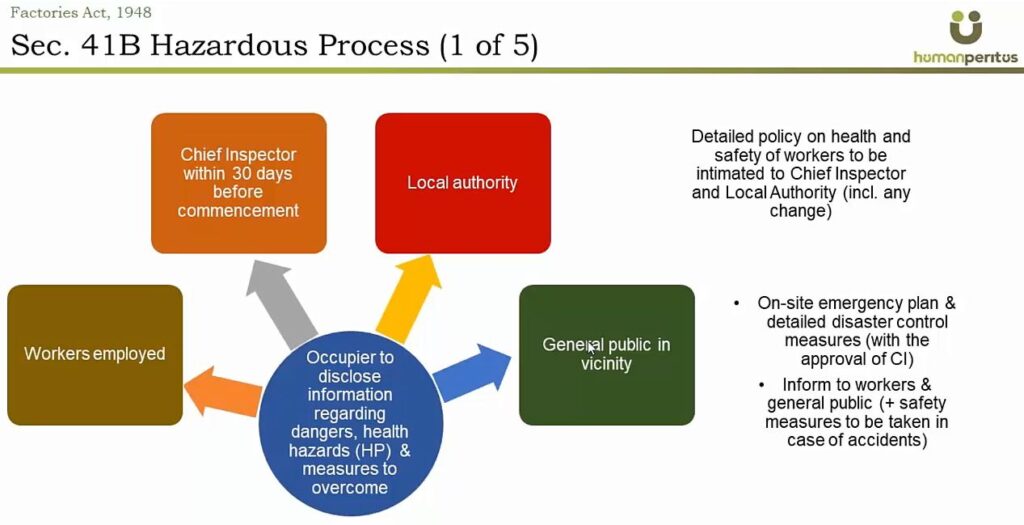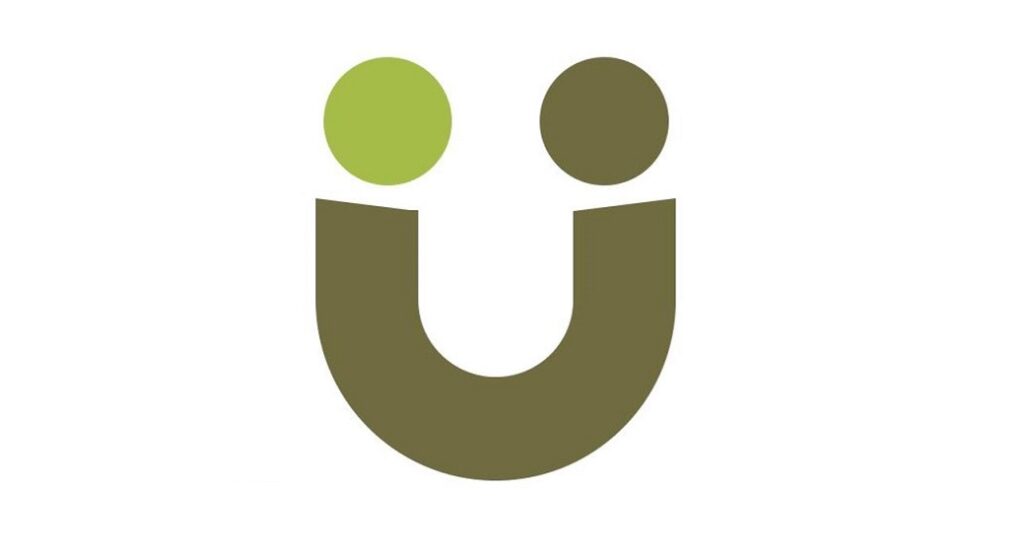SAIL Management Trainee (Administration) exam- Detailed Syllabus
This page will give you complete information on the Syllabus of the SAIL Management Trainee (Administration) exam for HR and Materials Management disciplines, which is expected to be held on 29 Jan 2022. It may be noted that the syllabus of Finance discipline is not discussed on this page. The syllabus of SAIL Management Trainee (Administration) can also be downloaded as PDF files.
The Steel Authority of India (SAIL) has come out with the notification of Management Trainee (Administration) for HR, Materials Management and Finance disciplines. These Management Trainee will be posted as Assistant Managers in Executive-1 grade with expected salary of Rs 60,000-1,80,000. The last date of application is 18 Dec 2022. The detailed notification can be viewed from SAIL Management Trainee (Administration) Notification 2023.
There will be an online written exam on 29 Jan 2023 (likely to be postponed, because it might be in conflict with the IBPS SO HR exam). The exam will be of 200 marks, which is further divided into two Papers, each having 100 marks. The First Paper will be on Domain Knowledge and the Second Paper will be Aptitude Test.
First Paper (Domain Knowledge) will be from the domain subject areas (HR/Materials Management/Finance). It will be for 40 minutes with 100 marks. Although the number of questions is not been disclosed by the SAIL, it is likely that this paper will have 100 questions.
Second Paper (Aptitude Test) is further subdivided into 4 sections, namely Quantitative Aptitude, General English, Reasoning and General Awareness, each having 25 questions. The total number of marks is 100 and there will be time of 80 minutes to attempt these 100 questions.
There is a sectional cut off of 50 percentile in each of these two Papers (Domain Knowledge and Aptitude Test). However within second part (Aptitude Test), there is no individual cut off for each of 4 sub-sections (Quantitative Aptitude, General English, Reasoning and General Awareness).
Syllabus of Aptitude Test (Paper 2) - SAIL Management Trainee exam 2023
The expected syllabus of the SAIL Management Trainee (Administration) for Paper 2 is divided into 4 sub-sections. These four sub-sections are Quantitative Aptitude, General English, Reasoning and General Awareness, each having 25 marks and 25 questions.
- Percentage
- Profit, Loss and Discount
- Time and Work
- Time Speed and Distance
- Simple and Compound Interest
- Mixtures and Alligation
- Number System
- Decimal and Fractions
- Calendar and Ages
- Ratio and Proportion
- Averages
- Progression
- Probability
- Mensuration
- Geometry
- Set theory and Venn Diagrams
- Sentences, Clauses and Phrases
- Parts of Speech
- Nouns
- Pronouns
- Adjectives
- Verbs
- Adverbs
- Prepositions and Conjunctions
- Tenses
- Modals
- Subject Verb Agreement
- Articles
- Modifiers
- Determiners and Quantifiers
- Direct and Indirect Speech
- Voice
- Question Tags
- Synonyms and Antonyms
- Prefixes and Suffixes
- Phrasal Verbs
- Idioms
- Reading Comprehension
- Directions
- Seating Arrangement
- Relationships
- Alphabetical Series
- Number Series
- Coding-Decoding
- Word Building
- Similarities and Differences
- Discrimination
- Number Classification
- Analogies
- Puzzles
- Space Visualisation
- Observation
- Arithmetic reasoning
- Symbolic Numbers
- Visual Memory, Mirror Image and Water Image
- Non-Verbal Reasoning
- Figural Classification
- Judgement
- Decision making
- Spatial Orientation
- Problem Solving
- Syllogistic Reasoning
- General Science
- Sports, Environment,
- Indian national movement,
- Indian Geography,
- Indian Polity, Indian Constitution,
- National & International current affairs,
- Computer Knowledge
Thinking how to crack SAIL Management Trainee in 2023?
Human Peritus is the trusted guide for HR and Management exams for last 10 years

Syllabus of HR discipline (Paper 1)- SAIL Management Trainee exam 2023
The expected syllabus of the SAIL Management Trainee (Administration) for HR discipline is sub-divided into following 10 units. This is same as the Syllabus of the UGC NET in Code 55 HRM and Labour Welfare. This syllabus will give you maximum coverage for HR officer exam for any PSU.
Although there is no explicit mention of following acts in the syllabus, you need to study them, as well:
- Employee Compensation Act 1923
- Unorganized workers Act 2008,
- Maternity Benefit act 1961
- ESIC Act 1948
- Principles and Practices of Management: Development of management Thought,
- Contributions of Taylor, Fayol, Mayo, Mary Parker Follett and C.I. Barnard.
- Behavioural Approach,
- Systems Approach,
- Quantitative Approach and
- Contingency Approach.
- Function of Management: Planning and Decision Making, Organising, Staffing, Directing, Controlling, Coordinating.
- Human Resource Management: Conceptual framework,
- Human Resource Planning, Job Analysis,
- Recruitment, Selection,
- Placement, Induction,
- Training and Development,
- Performance Management,
- Job Evaluation,
- Compensation Management,
- Employee Benefits and Incentives,
- Managing Career.
- New Trends in HRM: Changing environment of HRM and ontemporary challenges, Emerging HRM Concepts.
- Human Resource Development (HRD): Concepts, Assumptions, Values,
- HRD Mechanisms, Action – research Model,
- HRD Culture and Climate, HRD Interventions,
- HR Accounting and Audit,
- Consultant – client relationship,
- Knowledge Management,
- Human Resource Information System.
- International Human Resource Management (IHRM): Organisational context of IHRM,
- IHRM and Sustainable Business,
- Functions of IHRM,
- Cross – Cultural Studies, Cultural Diversity,
- Transnational Organisations,
- IHRM models.
- Organisational Behaviour: Concept, Scope, Nature of human behavior,
- Personality,
- Perception,
- Learning,
- Attitude,
- Motivation,
- Interpersonal Behaviour,
- Group Dynamics,
- Leadership,
- Communication,
- Power and Authority,
- Stress,
- Organisational Change and Development.
- Industrial Relations: Concept, Scope, Evolution, Approaches, Actors and Models,
- Conflict and cooperation, Bi-partitism, Tri-partitism,
- Collective Bargaining,
- Workers’ Participation in Management,
- Grievance Handling and Disciplinary Action, Code of Conduct,
- Industrial Relations in changing scenario,
- Employers’ organisations.
- Trade Unions: Concepts, Evolution,
- Problems of trade unions in India, Recognition,
- The Trade Unions Act, 1926.
- Emerging role of trade unions in India.
- Industrial Disputes: Factors, Forms, Trends,
- Prevention and Settlement, Role of State and Central Labour Administration,
- Strikes and Lockouts.
- The Industrial Employment (Standing Orders) Act, 1946.
- The Industrial Disputes Act, 1947.
- Labour Legislation: Objectives, Principles, Classification and Evolution.
- International Labour Organisation,
- Social Justice and Labour Legislation,
- Indian Constitution and Labour Laws.
- The Factories Act, 1948.
- The Mines Act, 1952.
- The Inter-state Migrant Workmen (Regulation of employment and conditions of service) Act, 1979.
- The Contract Labour (Regulation and Abolition) Act, 1970.
- The Building and other Construction workers (Regulation of employment and conditions of service) Act, 1996.
- The Child Labour (Prohibition and Regulation) Act, 1986.
- Wages: Concept, Types, Factors influencing wages, Wage Theories and Wage Differentials
- The Minimum Wages Act, 1948.
- The Payment of Wages Act, 1936.
- The Payment of Bonus Act, 1965.
- The Equal Remuneration Act, 1976.
- The Payment of Gratuity Act, 1972.
- The Employees’ Provident Fund and Miscellaneous Provisions Act, 1952.
- Labour Welfare: Concept, Scope, Types, Theories and Principles,
- Industrial Health and Hygiene,
- Industrial Accidents and safety,
- Occupational Diseases
- Social Security: Concept and Scope, Social Assistance and Social assurance.
- Labour Market: Features,
- Demand and Supply of Labour,
- Nature and Composition of Indian Labour Force,
- Unemployment and Underemployment,
- Types of Labour Market,
- Characteristics of Indian Labour Market,
- New Dynamics of Labour Market in India,
- Economic Systems and Labor Market,
- Problems of Labour in India.
Syllabus of Materials Management (Paper 1)- SAIL Management Trainee exam 2023
The expected syllabus of the SAIL Management Trainee (Administration) for Materials Management is sub-divided into following 4 sub sections. This is same as the Syllabus of the Materials Management for Coal India exam. This syllabus will give you maximum coverage for HR officer exam for any PSU.
1. Materials Management
Introduction and Scope of Materials Management, Integrated Materials Management
2. Supply Chain Management
Management of Supply Chain, Technology in SCM, Recent Trends in Supply Chains
3. Outsourcing and Make or Buy Decision
Outsourcing, Make or Buy, Breakeven Analysis, Value Analysis
4. Indian Contract Act, 1872, Sale of Goods Act, 1930, Negotiable Instruments, Competition Act, 2002, Companies Act, 2013, Arbitration and Conciliation Act, 1996
5. Goods and Service Tax
Objectives & Benefits of GST, Working of Dual GST, Implementation Mechanism, Framework of GST, GST Procedure
6. Partnership Form of Business
Partnership Deed, Registration of a Firm, Types of Partners, Types of Partnerships, LLPs,
7. Arbitration and Conciliation Act, 1996
8. Indian Patent Law
9. Digital Signature
Information Technology Act 2000, Digital Signature
10. Elements of General Management
Concept of Management, Managerial Functions, Levels and Skills Managers, Managerial Roles
11. Tabulation of Data in Charts and Graphs
Data, Scales of Measurement, Types of Data, Summarizing Categorical Data, Summarizing Quantitative Data, Histogram, Cumulative Frequency Distributions, Ogive, Exploratory Data Analysis, Crosstabulations, Scatter Diagram and Trendline
- Forecasting Techniques
Forecasting Methods, Qualitative Forecasts, Time Series Forecasting, Simple Linear Regression, Multiple Regression, Accuracy of Forecast
- Imports Exports Documentation
Key Documents, Letter of Credit, Process of Exports and Imports, Factoring, Post-Shipment Credit, Pre-Shipment Credit, Countertrade, INCOTERMS, Foreign Bank Accounts, Tariff and non-Tariff Barriers , Foreign Trade Policy,
- Business Correspondence
Dak Management, File Management System, Records Management, Knowledge Management
Forms, Procedures and Channels of Communication, Correspondence, File Noting, Functional Approach to Noting
- Inventory Management
Need for Inventory, Costs of Inventory, Economic Order Quantity, Production Quantity Model, Lead Time Analysis, Periodic Inventory System, Single Period Inventory Model, ABC Analysis
- Quality Management
Six Sigma, Kaizen, Lean Production, Cost of Quality, ISO standards, Tools of Quality Management, Statistical Process Control, Process Capability, Acceptance Sampling
- Aggregate Planning
Aggregate Production Planning, Production Planning Process, Capacity Planning, Strategies for Meeting Demand, Available to Promise & Capable to Promise
- Production Planning and Control
Routing , Scheduling, Loading, Sequencing, Dispatching, Expediting or Monitoring
- Materials Requirements Planning
MRP Modules, MRP Process
- Process Planning
Production Process, Process Selection, Process Analysis, Measuring Process Performance
- Maintenance and Waste Management
Maintenance, Waste Management, Replacement
- Enterprise Resource Planning
ERP Modules, Implementation Plan, Implementation Process
- Purchase Management
Elements of Purchasing, Purchasing Organization, Materials Purchasing System, Considerations while making order, Purchase Cycle, Supplier Evaluation, Vendor Rating, Vendor Analysis, Ethics in Purchasing, Applications of Computers in Purchasing, e-Procurement
- Transportation Management
Functions of Transportation, Responsibilities of Stakeholders, Principles of Transportation, Types of Carriers , Selection of Carriers, Transportation Costs, Terms of Sale
- Stores Management
Store Functions, Types of Stores, Preservation and Safety, Stores System and Procedure, Stores Records, Inspection of Stores, Stock Verification, Disposal of items, Spare Parts Inventory
- Materials Handling
Palletized Storage System, Non-Palletized Storage System, Order Picking
- Store Inventory Accounting
Inventory Valuation, Inventory Record Systems, Methods to determine Cost of Inventory
- Codification and Standardization
Materials Specifications , Materials Codification, Materials Standardization
- GFR 2017
Procurement of Goods, Procurement of Services, Inventory Management
See how Toppers did it....Smart Strategies
Over last few years, hundreds of students have cracked HR Officer exams with Human Peritus. We have interviewed some of them for you. Obviously they may speak nice words about Human Peritus. But, we have something else in mind, while advising you to watch these toppers.
The students have shared interesting insights about preparation strategy. All of them are from different backgrounds. You will find that your story is related to many of them. Some are working professionals, some are busy mothers, some are second year students, some are weak in Paper 1, others in Paper 2, some are bored with corporate jobs, while some others are scared of Accounting, others do not like OB theories. Hear them to understand, how they did it. (Keep scrolling right)
Contact Us

Email: contact@humanperitus.com
Phone: 9717781110
Address: Human Peritus, Floor 5, Building C, Unitech Cyber Park, Gurgaon, 122002



